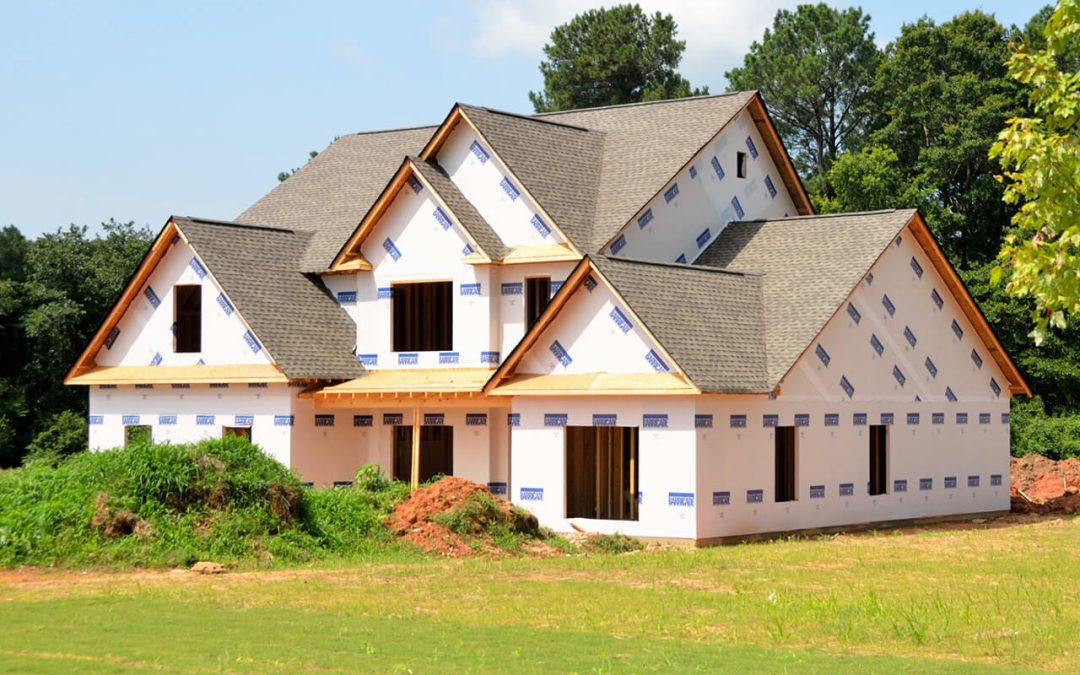So, you’re buying a brand-new home! Congratulations! That fresh paint smell, the untouched appliances – it’s an exciting time. Many homebuyers assume that because everything is new, it must be perfect. After all, it just went through the builder’s inspections, right? While that might be true to a certain extent, there’s a crucial step that should not be skipped: an independent new construction inspection.
The “Fresh Off the Lot” Fallacy
Even the most skilled craftspeople can have an off day or overlook details. Construction involves many people working on different aspects of the house, from the foundation to the roof. This complexity naturally introduces opportunities for errors. Perhaps a nail wasn’t driven in quite right, a plumbing fixture has a minor leak, or the insulation wasn’t installed correctly in a particular area. These aren’t necessarily signs of bad construction but rather the reality of any large-scale project. Relying solely on the builder’s inspections doesn’t always cut it. An independent inspection provides an unbiased assessment of the property’s condition.
What an Independent Inspector Brings To A New Construction Inspection
A professional home inspector brings a trained eye and a wealth of knowledge to the table. They are experts at identifying potential issues, both large and small, that might not be obvious to the average homebuyer. This helps make sure that your new home is as safe, functional, and well-built as possible from day one. The inspector will meticulously examine all the major systems and components of the house, from the structural elements to the electrical and plumbing systems, the HVAC, and even the finishes. This inspection can uncover issues that, if left unaddressed, could lead to future problems.
Behind the Facade
What exactly does a new construction inspection entail? While every inspection is unique to the property, there are some common areas of focus. Inspectors will typically examine the foundation and structural framing to verify that everything is sound and up to code. They’ll check the roof for proper installation of materials and look for potential leaks. The exterior, including siding, windows, and doors, will be assessed for proper sealing and installation. Inside, the inspector will evaluate the electrical system, making sure outlets are working correctly and the wiring is safe. They will verify that the plumbing system is installed properly. The heating, ventilation, and air conditioning (HVAC) system will be checked for efficient operation. Inspectors also look at insulation levels, ventilation in attics and crawlspaces, and the overall quality of finishes. This comprehensive approach helps provide a clear picture of the home’s condition before you finalize the purchase.
Investing in a new construction inspection is a small price to pay for the peace of mind it provides. It’s an opportunity to catch potential problems early and ensure that your brand-new home is truly the dream home you’ve envisioned.
New Construction Inspection FAQs
When is the best time to schedule a new construction inspection?
The best times to schedule a new construction inspection are at three key stages: pre-foundation pour, pre-drywall, and just before the final walkthrough with the builder. These inspections help catch hidden issues early—before concrete is poured, walls are closed up, or you sign off on the finished home.
Who pays for the new construction inspection?
Typically, the homebuyer is responsible for paying for the new construction inspection. It’s an investment in your own protection and peace of mind.
What happens if the inspection finds issues?
The inspection report will detail any findings. You can then present this report to the builder and request that they address the identified issues before you close on the home. Most reputable builders will be willing to make necessary repairs.
Is a new construction inspection the same as a code inspection?
No, they are different. The local municipality performs code inspections to ensure the construction meets minimum safety and building codes. While important, code inspections don’t necessarily focus on the same level of detail or cosmetic issues that a home inspector will.
How do I find a qualified home inspector for a new construction inspection?
Look for a licensed and experienced home inspector familiar with new construction practices. You can ask your real estate agent, friends, or family for recommendations, or search online for local inspectors. Check their credentials and read reviews before making a choice.
Overview Property Inspection offers home inspection services in Edmonton and the surrounding area. Contact us to schedule an appointment today.

